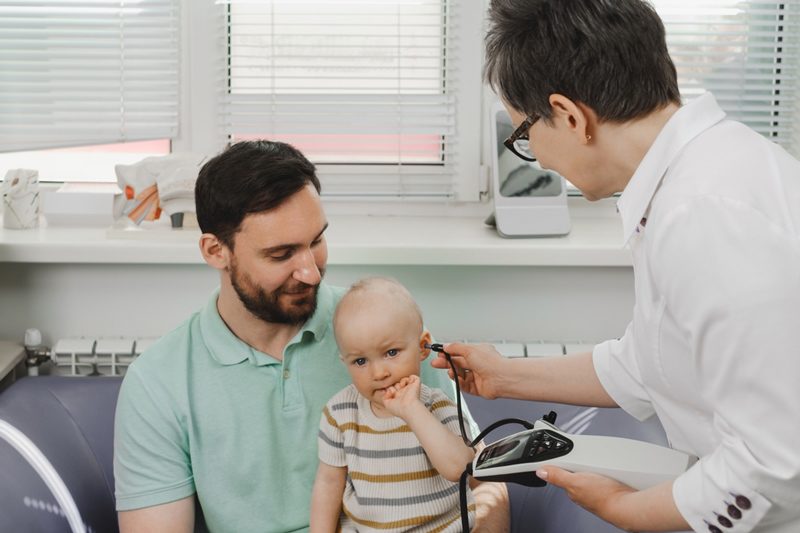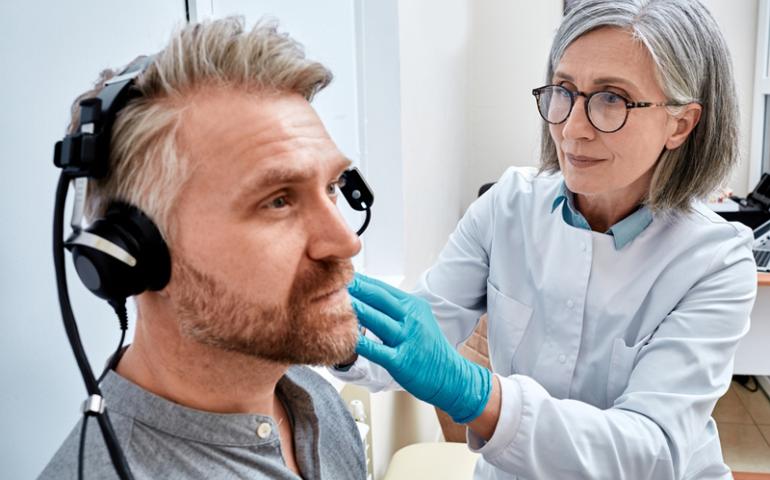Why Childhood Hearing Exams Are Important
Hearing plays a crucial role in a child's development. It affects speech and language acquisition, social interactions, and academic success. Early identification of hearing issues is paramount in ensuring optimal outcomes for children. In this blog, we highlight why childhood hearing exams are essential. We also provide next steps if a childhood hearing exam reveals abnormal results.
The Importance of Hearing Function
Hearing is fundamental to a child's cognitive, emotional, and social development. Hearing is essential for learning and acquiring speech and language skills. It lays the foundation for effective communication. Good hearing can lead to academic achievement. It enables children to engage in activities and follow instructions. Hearing allows children to engage with their peers, family members, and teachers. This fosters social bonds and emotional well-being. Hearing also alerts children to potential dangers in their environment.
Why Childhood Hearing Exams Are Important
Early detection of hearing issues through childhood hearing exams is critical. Identifying hearing problems early allows for prompt intervention and treatment. This can improve outcomes and prevent potential developmental delays. Addressing hearing loss early can help prevent delays in speech and language development. This ensures children reach their full communication potential. Early identification of hearing issues enables educators to provide appropriate support. They can provide the right accommodations to help children succeed in the classroom. Timely diagnosis and management of hearing loss can enhance a child's self-esteem. It boosts their confidence and their emotional well-being.
What to Do If a Childhood Hearing Exam Shows an Abnormal Result
If a childhood hearing exam reveals abnormal results, here are steps you can take.
- Consult with a Pediatric Audiologist. Schedule an appointment with a pediatric audiologist for a comprehensive evaluation. This can help to determine the type and degree of hearing loss.
- Follow Treatment Recommendations. Based on the audiologist's recommendations, follow through with any recommended treatments. This may include hearing aids, cochlear implants, speech therapy, or other interventions.
- Educational Support. Work with your child's school to ensure they have educational support and accommodations. These can help to make learning and communication easier.
- Regular Monitoring. Schedule regular follow-up appointments with the audiologist. They need to track your child's hearing health and adjust treatment plans as needed.
Contact Us
Childhood hearing exams are crucial. They can identify hearing issues early, making it easier to address them. Childhood hearing exam promote optimal development and well-being. Your child needs regular hearing tests and needs to seek treatment when needed. If your child needs a hearing exam, contact us today. As a parent, you can support your child's auditory health and set them on a path to success.






